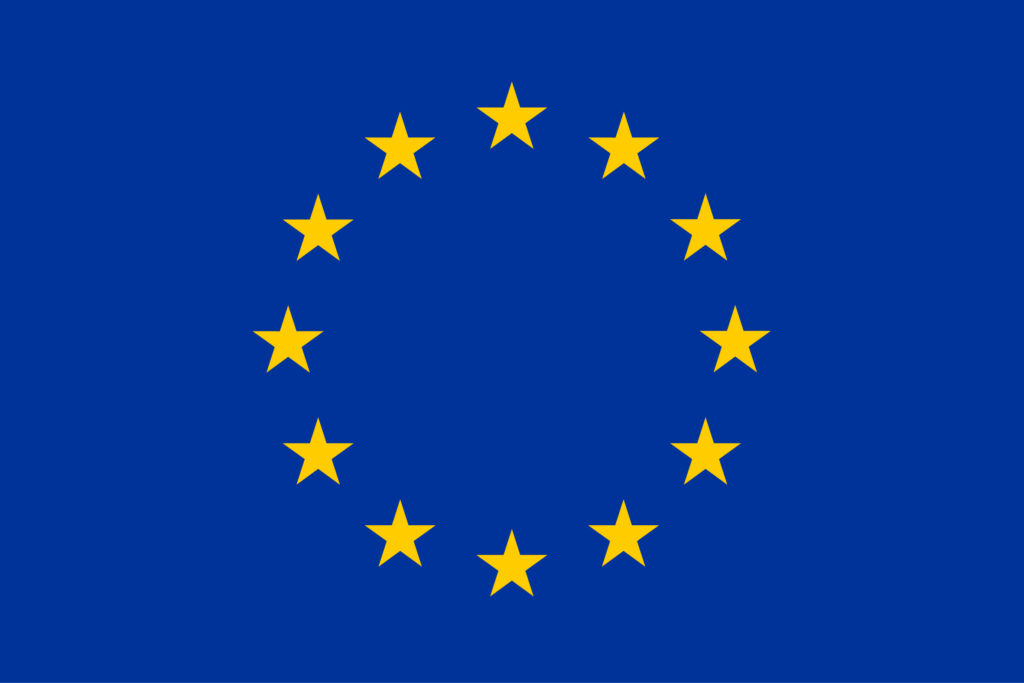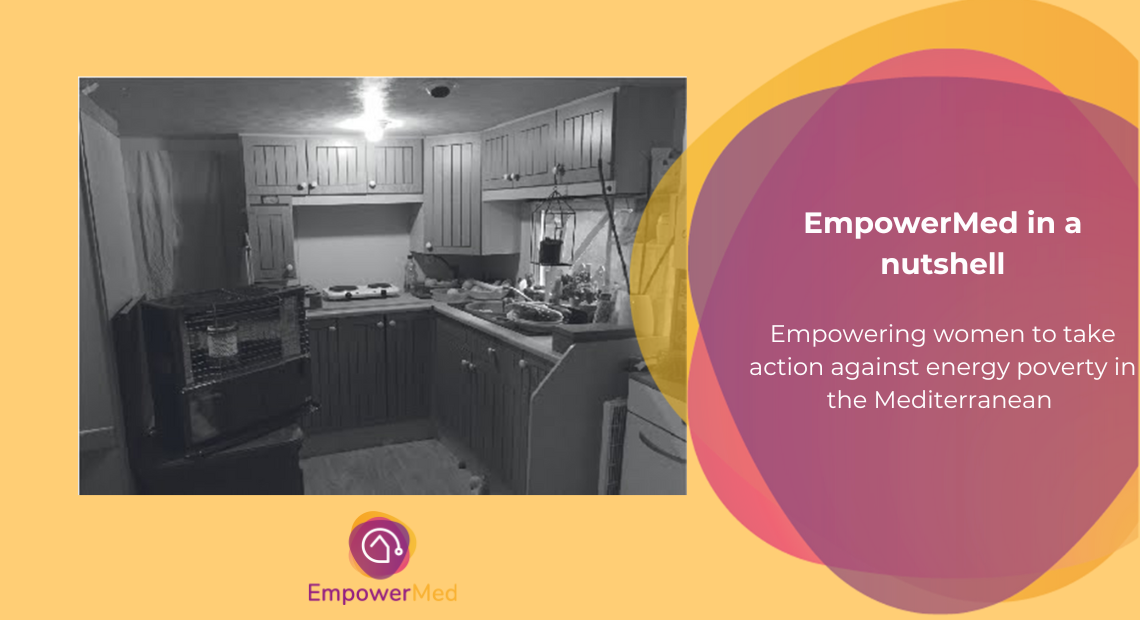Women and women-led households are disproportionately affected by energy poverty. Due to labour division, women tend to spend more time working at home and thus are more exposed to energy poverty and its consequences. Generally, there is a higher share of women who are at risk of poverty and social exclusion than men. Yet, women play a crucial role in tackling energy poverty, hence their engagement in acting against energy poverty is of utmost importance.
In the coastal areas of European Mediterranean countries, the challenge of energy poverty comes with several specific features. The most notable is that during the summer season, energy poverty mostly appears because of lack of access to adequately cooled dwellings. Lack of pre-installed central heating systems and electricity-based heating, which is expensive, are another specificity of this region. Dwellings have none or low insulation and there is a high level of housing in a poor state of repair. In addition, energy poverty and housing insecurity are heavily linked in the region, with evictions as the worst consequence of housing unaffordability, which is due to tensions between locals and tourists ‘demand for housing. Lastly, coastal urban areas are also affected by precarious, low-quality jobs (e.g. in tourism, harbours). These all reflects on energy poor families who face arrears on bills, indebtedness and the risk of disconnection.
In order to address these challenges, the project EmpowerMed – Empowering women to take action against energy poverty in the Mediterranean – aimed to contribute to energy poverty alleviation and to the health improvement of affected people in the coastal areas of Mediterranean countries, with a particular focus on women. The project mainly implemented practical solutions to empower people affected by energy poverty to manage their energy consumption and improve their access to appropriate domestic energy sources and technologies. On the basis of this practical experience, the project assessed the impacts of various practical energy poverty alleviation measures tested to formulate policy solutions for tackling energy poverty at the local, national and EU level.
The overall objective of EmpowerMed was to contribute to energy poverty alleviation and health improvement of people affected by energy poverty in the coastal areas of Mediterranean countries, with a particular focus on women, through:
- Implementing practical solutions, tailored to empower over 4,200 households affected by energy poverty to manage their energy consumption and improve their access to appropriate energy sources and technologies,
- Assessing the efficiency and impacts of the various practical energy poverty alleviation measures tested to formulate local, national and EU policy recommendations, and
- Promoting policy solutions for tackling energy poverty at the local, national and EU level among 220 decision-makers, 560 social actors, 100 utilities, 180 health experts and 100 energy poverty experts.
EmpowerMed worked in 6 pilot areas to tackle energy poverty in practice: Barcelona (Spain),
Marseille (France), Padova (Italy), Koper (Slovenia) and Vlora (Albania).

The final document providing all the details related to the EmpowerMed project can be downloaded here:
Several researchers from the Energy System Analytics, and Thermal Energy and Building Performance groups at IREC (including Mariana Jiménez, Joana Ortiz, Jordi Pascual and a former member Lluc Canals) have contributed to this project. The activities involved supporting the Barcelona pilot, providing information to participants about energy bill saving options and behavioral changes to improve thermal comfort at home. This work also allowed to gather data about energy consumption patterns and indoor thermal comfort in energy poor households, which led to a peer-review article providing field insights to the academics and practitioners interested in tackling this problem.
This project has received funding from the European Union’s Horizon 2020 research and innovation programme under grant agreement No 847052.




